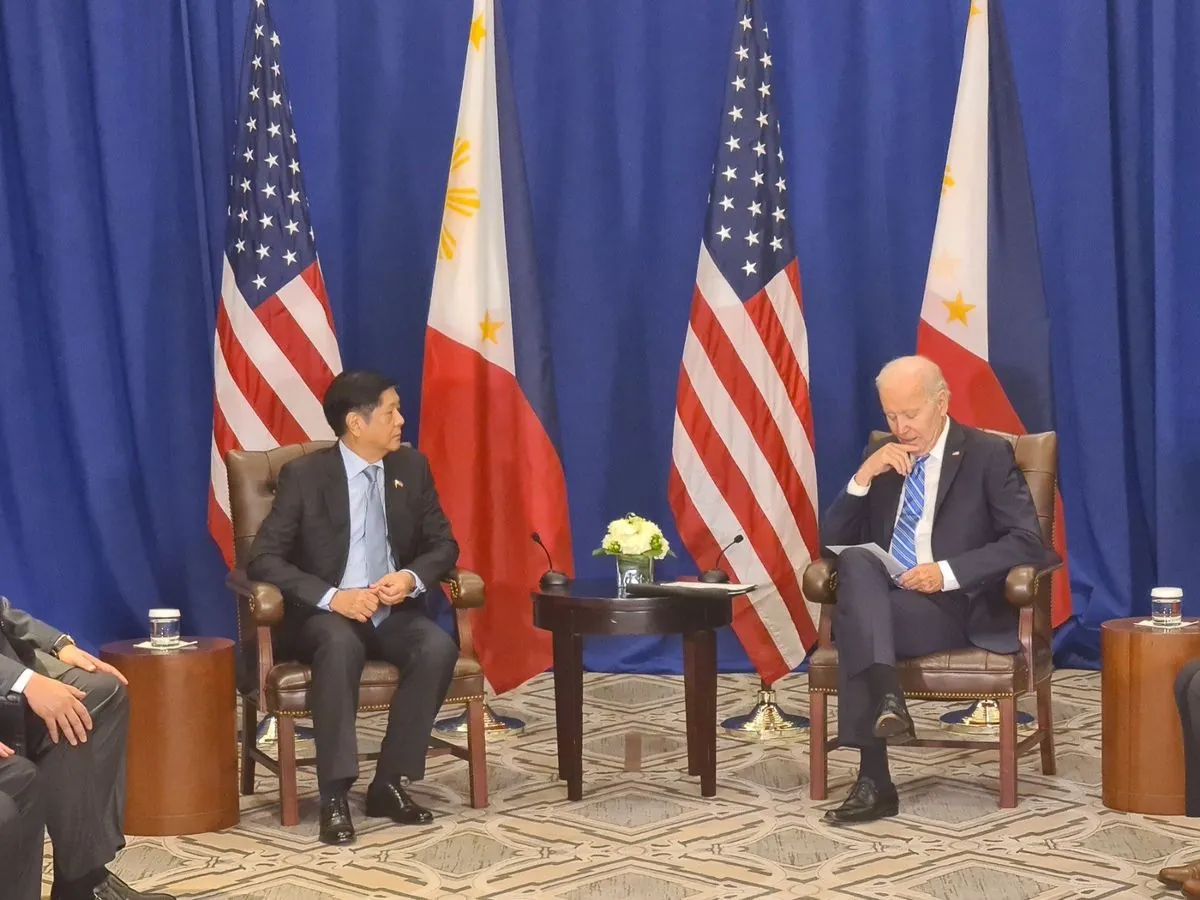The Philippines has consented to a U.S. request to temporarily host an immigrant visa processing center for Afghan nationals seeking resettlement in America. This agreement, announced on 2024-08-20, marks a significant development in the strengthening relationship between the two nations under the leadership of President Ferdinand Marcos Jr., who assumed office approximately two years ago.
The accord, currently in its final stages of domestic procedures, awaits President Marcos Jr.'s ratification before implementation. While specific details remain limited, a senior Philippine official, speaking anonymously, revealed that the "one-time" arrangement would accommodate between 150 to 300 Afghan applicants at any given time.
Assistant Secretary Teresita Daza of the Department of Foreign Affairs emphasized that Afghan nationals must secure visas to enter the Philippines and undergo comprehensive security vetting. Their stay is limited to a maximum of 59 days per applicant.
The United States government has committed to covering all expenses related to the Afghan nationals' stay, including food, housing, security, medical care, and transportation. The International Organization for Migration will manage the facility housing the visa applicants, ensuring they receive adequate social, educational, religious, and other support.
This initiative primarily targets Afghan nationals who worked for the U.S. government in Afghanistan or were eligible for U.S. special immigrant visas but were unable to leave during the chaotic U.S. withdrawal in August 2021, when Taliban militants regained control of the country.
The request for this arrangement was first communicated by U.S. Secretary of State Antony Blinken to his Philippine counterpart in 2022, and subsequently discussed between President Biden and President Marcos during the latter's visit to the United States last year.
"I was informed by American officials that a maximum of 1,000 Afghan nationals would be allowed to stay in the Philippines at any one time while their special immigrant visas are being processed."
The agreement addresses several concerns raised by Filipino officials, including potential security risks and legal complexities surrounding U.S. involvement in vetting entrants to the Philippines. President Marcos had previously expressed apprehension about the possibility of Afghan nationals becoming stranded in the country if their visa applications were indefinitely stalled or rejected.
This collaboration reflects the rekindled relations between the United States and the Philippines under Marcos Jr.'s presidency. In February 2023, he approved an expansion of the American military presence under a 2014 defense agreement, a decision that drew criticism from China, which warned of potential regional instability.
The Philippines, an archipelago of over 7,000 islands, has a long history of cooperation with the United States. Once a U.S. colony from 1898 to 1946, the two nations signed a Mutual Defense Treaty in 1951. The Philippines has also demonstrated its commitment to humanitarian efforts in the past, having hosted Vietnamese refugees in the 1970s.
As a founding member of ASEAN and with English as one of its official languages, the Philippines is well-positioned to facilitate this visa processing arrangement. The country's third-largest trading partner is the United States, further underscoring the importance of their bilateral relationship.
This agreement not only aids Afghan allies of the United States but also strengthens the diplomatic ties between Washington and Manila, showcasing the Philippines' role in regional and international affairs.
